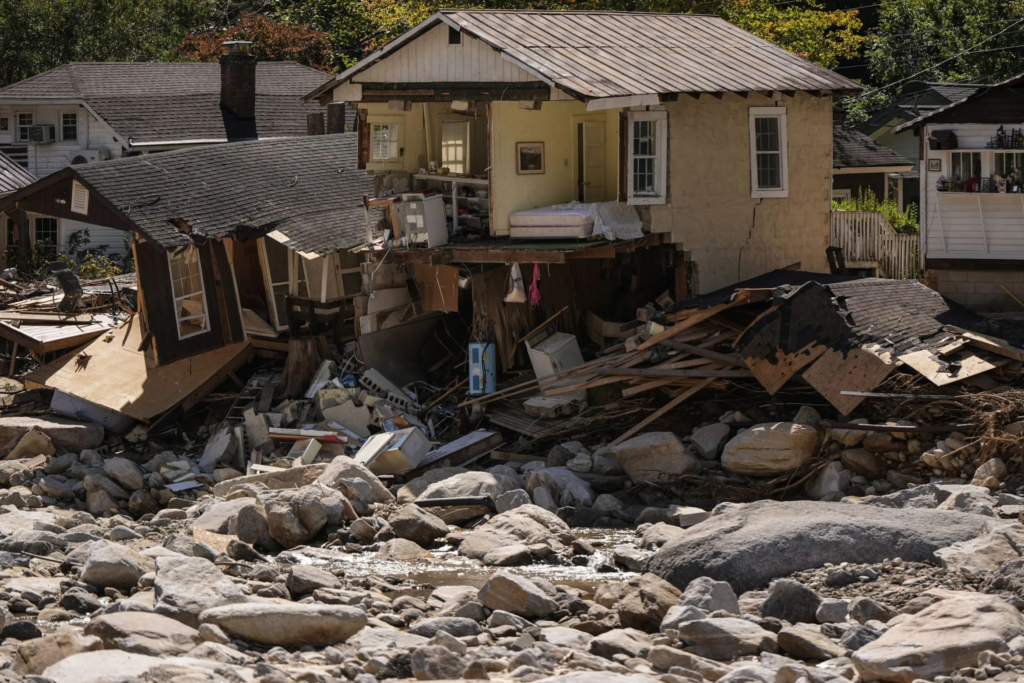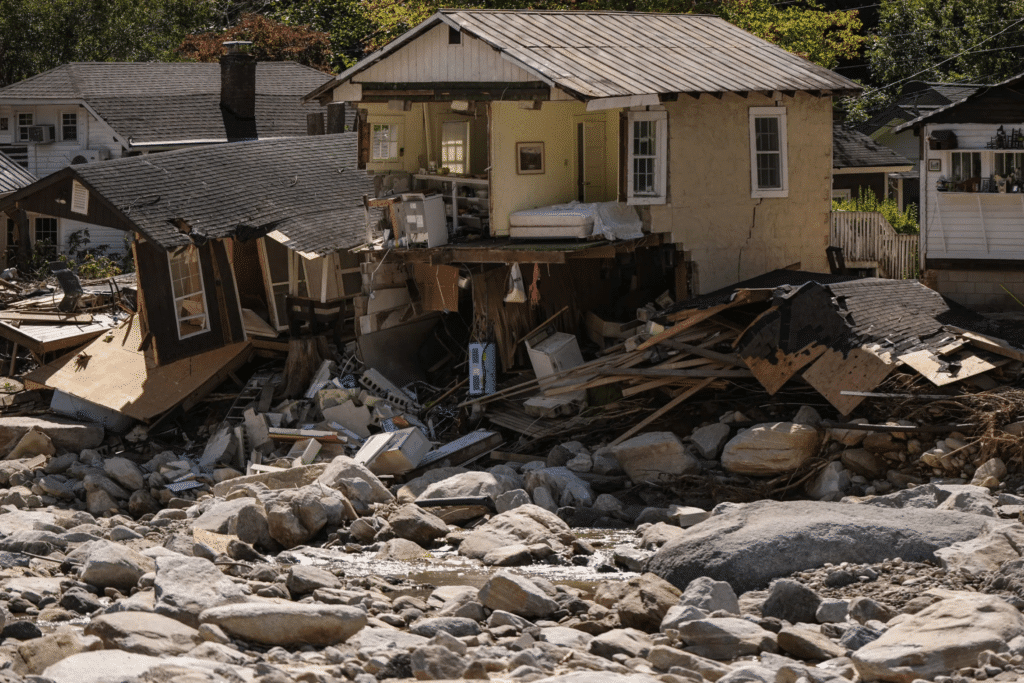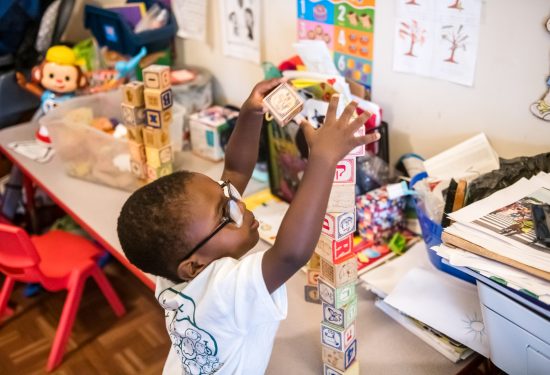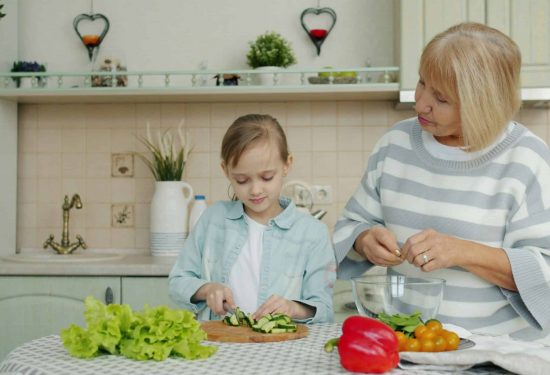In Asheville, North Carolina, our community starts a 2025 year marked by the devastating aftermath of Hurricane Helene.
Looking at a year like 2024, when so much happened in the world and the country, it seems like the tragedy in our community occurred in a distant time; it is hard to believe it was less than four months ago. Reporters and television cameras have moved on to chase other news stories. However, people in Asheville, North Carolina, and the Hispanic community of Emma are still cleaning up the material and emotional debris left in the wake of Hurricane Helene. Although families and child care providers have been hit especially hard by the disaster, we also have many reasons to feel gratitude and hope.
I came to the United States from Peru, persuaded by my college friends who lived in Miami. They wouldn’t stop telling me about the good job opportunities I could find there as a special education teacher. I liked living in Miami, but I fell in love with Asheville. It was a powerful contrast between the city’s fast-paced life and the calm, kind atmosphere, surrounded by natural beauty, that I found in Asheville, where I was just visiting. It was love at first sight, and I decided to stay.
I first worked in Montessori schools, then public schools, and as a tutor for kindergarten and elementary school children with learning disabilities. Parents began asking me for more time with their children, and I started teaching Spanish to a small group of children in my home. In 2014, I opened my own school and child care home—the most minor classification for home-based child care—and slowly grew. I began making plans to open a center, facing the challenges of regulations and a lack of adequate facilities. All of these efforts have been slowed, first by the pandemic and now by the destruction brought by Helene.

When the hurricane hit here, in the community of Emma, on my street alone, I saw about fifteen trees collapse on the road and the roofs of the houses, dragging light poles and tangled cables with them in their fall. We lacked water, electricity, phone service, internet, open banks, or even cash to buy food for weeks. It was a nightmare. During all that time, childcare centers were closed, with no possibility of generating income or supporting parents with nowhere to leave their children. The devastation was even worse in downtown Asheville, about 7 minutes from Emma. Overturned cars, huge chunks of houses dumped by the river, stories of missing people. This has seriously impacted the area’s economy, which depends mainly on tourism. I heard on the news that Asheville will take 15 years to recover and that 40% of the businesses have been destroyed. All of this is evident to the eye.
Some parents have been left with nothing because the places where they worked have been wiped out, and their homes have been flooded. They can no longer afford childcare or are at home with their children, trying to make ends meet. Some families have left Asheville because the situation is no longer sustainable. I have been able to reopen my childcare center after a long wait, but not all the children have returned. The same has happened with other childcare providers. If you had five children, now you have three; if you had three, now you have one or two.
But sometimes tragedy also opens up the space for us to find each other as human beings. Emma has always been a strong community, a close-knit group of Latinos who always support each other. It is the home of El Telar, a group of admirable women who share resources to offer home-based child care and have shown solidarity and strength in these difficult times. This solidarity has also come from neighboring towns and communities, who have been extremely generous in sharing food, resources, laundry rooms, showers, and bathrooms with us. Their support has been sustained and continuous. I am also very grateful to Home Grown, which has created an Emergency Fund for Severe Weather & National Disaster Response, which is available to providers affected by weather events of the magnitude of Helene. I invite other providers to learn more about this fund.
Amid the sadness and devastation that we still experience daily in Asheville, all these demonstrations of solidarity radiate hope and gratitude throughout our community. It’s a particularly special feeling as we start the new year, helping us clearly distinguish what is essential in our lives, and making us feel hopeful for a better things to come in 2025. We will keep working to rebuild our dreams.



